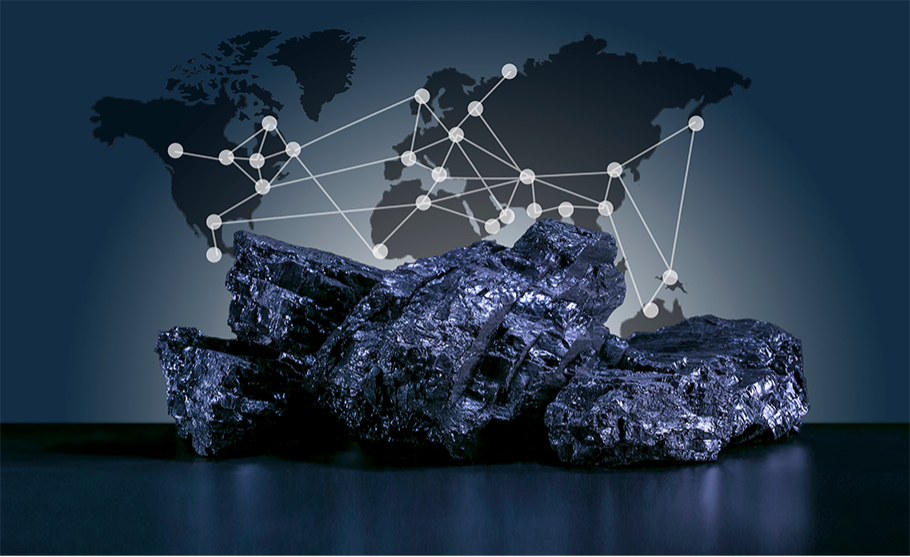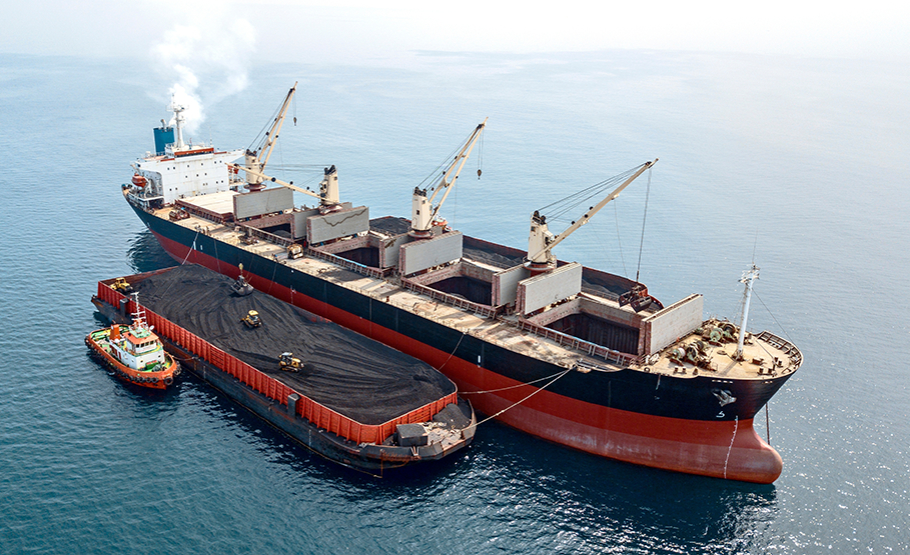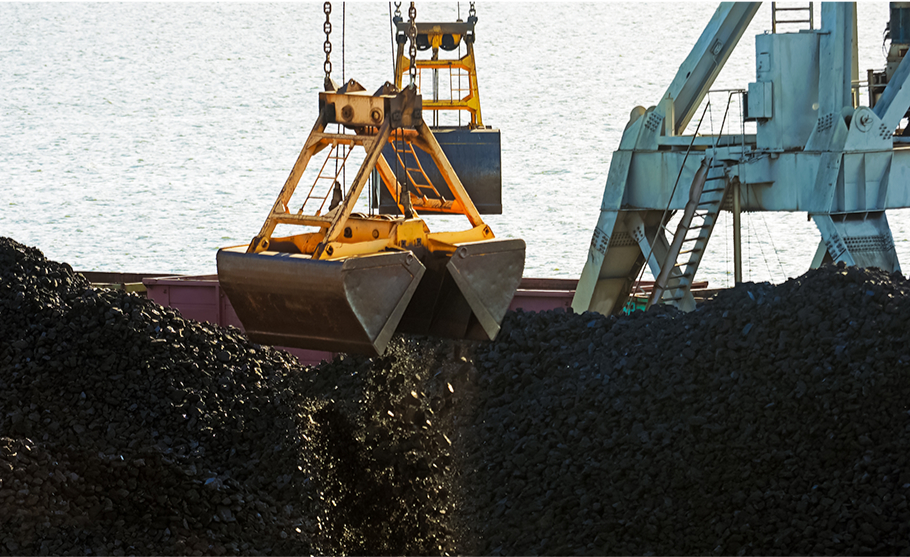
Streamlining Supply Chains for Sustainable Energy Solutions.

This involves identifying and procuring coal from various sources, including mines, suppliers, and brokers. The company evaluates factors such as quality, quantity, price, and contractual terms to ensure a reliable and cost-effective supply of coal.

Once coal is procured, it needs to be transported from the source to customers. This phase involves coordinating transportation modes such as rail, truck, barge, or vessels, optimizing routes, managing shipments, and ensuring timely delivery while minimizing costs.

Upon arrival, coal is stored in storage facilities such as stockyards, terminals, or warehouses. Handling equipment such as conveyor belts, stackers, reclaimers, and loaders are used to manage inventory efficiently. Distribution involves fulfilling customer orders, which may include blending coal to meet specific requirements and delivering it to end-users such as power plants, industrial facilities, and other consumers.